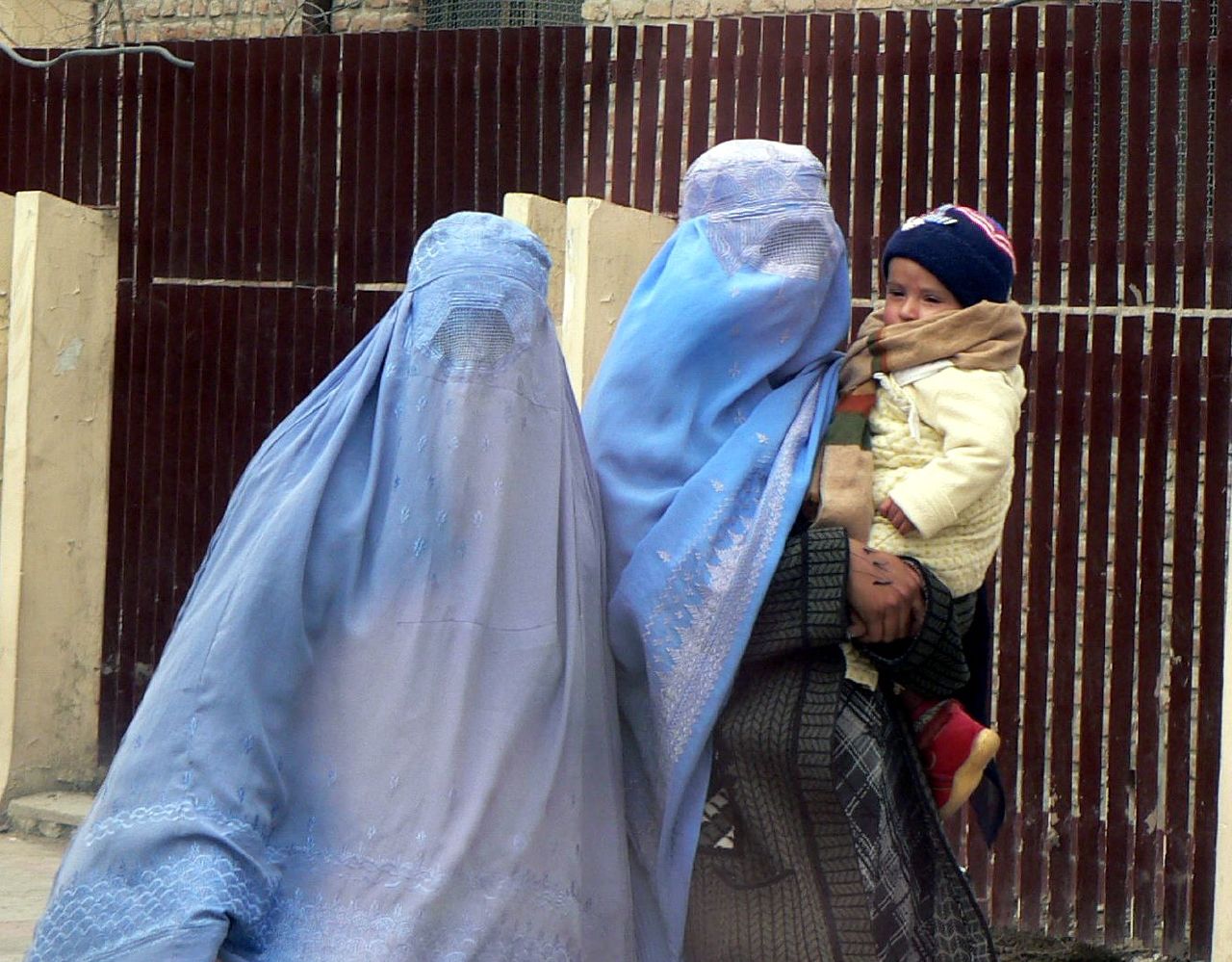- About
- Topics
- Picks
- Audio
- Story
- In-Depth
- Opinion
- News
- Donate
- Signup for our newsletterOur Editors' Best Picks.Send
Read, Debate: Engage.
| topic: | Women's rights |
|---|---|
| located: | Afghanistan |
| editor: | Shadi Khan Saif |
Setting aside all presumptions about the Taliban, the group’s reluctance to allow girls to attend schools proves yet again its criminal disregard towards gender equality and basic human rights in Afghanistan.
Over the weekend, the Taliban Ministry of Education issued a statement urging male students in grades six and above to attend their classes starting Saturday, but the statement did not comment on the fate of female students, effectively ignoring them all.
Imagine the feeling of a young girl forced to stay home instead of attending school after weeks of anxiously waiting for its reopening following the Taliban takeover.
The Taliban gave the pretext that schools were a poorly secured environment for women - nevertheless, only permitting boys to continue their studies while limiting girls to grade six sends out a clear misogynistic message to a country that, under the intense international engagement of the past 20 years, was making progress in gender-equality.
Too scared to express their views publicly, a number of female students in private conversations have expressed grief over the decree, hoping that the Taliban would reconsider the decision so that girls can study like boys and become a resource for community service.
Wiping out young girls’ aspirations and dreams for higher education at this young of an age seems like a deliberate effort to accustom them to gender inequality before they are able to demand otherwise - and therefore to prevent them from taking constructive and active roles in rebuilding the nation.
This is not to ignore that even before the most recent humanitarian crisis, 4.2 million children were not enrolled in schools across Afghanistan - around 60 percent of whom were girls.
Nonetheless, a ray of hope was emerging in Afghanistan in the past few years as the number of schools tripled and the number of children enrolled increased from 1 million to 9.5 million.
Without measures for gender equality and female education, chances are quite slim that Afghanistan might see sustainable peace - let alone stability and social progress in different spheres of life.
In slightly over a month since the militant group captured Kabul, cementing their hold over the country, the Taliban has already struggled to reopen public universities with such a hard-line gender segregation policy.
The Afghanistan of today – despite being pushed back into anarchy – is not the country it was 20 years ago, and cannot be subjugated into silence about Afghan girls’ right to education.
Image by WikiImages

